Where is the language?
Anwar Maqsood once famously said that Urdu has had an elixir of life and will never die out
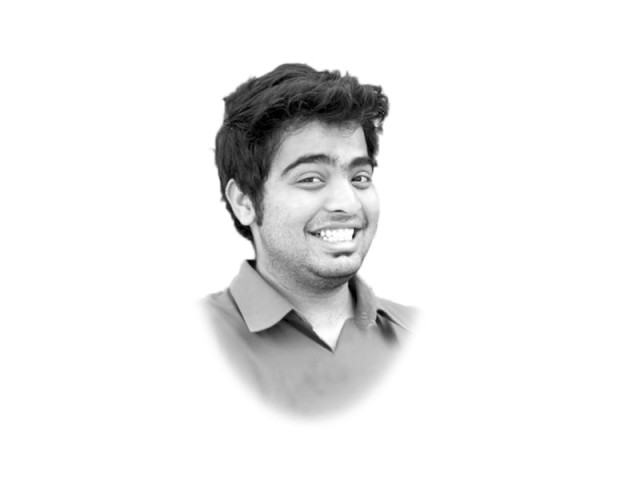
Surfacing of the longstanding political debate over the rights of the Urdu-speaking people reminded me of our history of using Urdu for political gimmicks. “My only objection is that my language was turned into a ruckus of ahistorical historicity. I wish this outrageous game could have been played with other languages of the subcontinent as well,” wrote Jaun Elia.
Festivals, conferences and seminars, dedicated to the language are held in all ‘literary’ circles of the country. Visit any two such events and you will find a common link. Clusters of prima donnas and familiar faces from ‘enlightened’ circles will be found discussing the ignorance of Generation Y, cultural invasion, clash of civilisations and neo-imperialism. The average age of guests invited to speak at these events is higher than the average age of our frontline politicians. The intentions behind these meet-ups might be good, but a coterie of underachieving litterateurs dominates what should be the instruments of renaissance for Urdu.
Ahmed Faraz is known to the masses through substandard jokes associated with the master poet. A few musicians made Habib Jalib cool by singing some of his poetry. Saadat Hasan Manto is read in English. The poet of our times is Wasi Shah. The Dr Younis Butt of television puts the Dr Younis Butt of books to shame every week. The Pak Tea House was refurbished, but the echoes of some Nasir Kazmi chuckling or a Munir Niazi humming could not be brought back to life. Poets of the past are seen through the different categories of political narratives.
Anwar Maqsood once famously said that Urdu has had an elixir of life and will never die out. Not all is rough for the language though. Stalwarts like Mushtaq Yousufi, Maqsood, Amjad Islam Amjad, Iftikhar Arif, Fatima Suraiyya Bajya, Anwar Shaoor, Anwar Masood and the likes, still grace our times. Meanwhile, a breathing but bedridden language not only pains its enthusiasts, but also some of its master practitioners, who rest in the soil. As Maqsood, in a fictional letter in his name from the late Elia, writes: “Who will talk about us if you, too, will come up here?”
Published in The Express Tribune, October 30th, 2014.

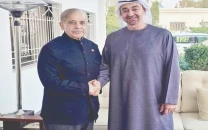

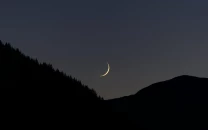

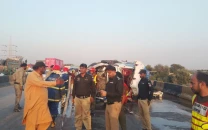
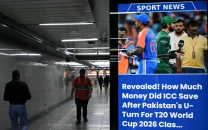











COMMENTS
Comments are moderated and generally will be posted if they are on-topic and not abusive.
For more information, please see our Comments FAQ